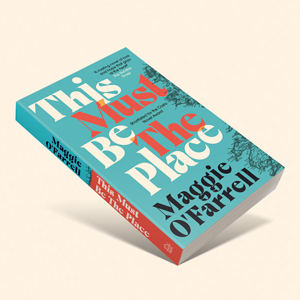
This might be his slightest novel, weighing it at only 205 pages, but it’s his densest.
Another unreliable narrator – an old Japanese painter and teacher – Masuji Ono tells part of his life story, often repetitively (maybe he has dementia) and full of false modesty. He’s actually an arrogant old fuck.
It’s set in an unnamed Japanese city between 1948 and 1950 as the Empire is setting about post WWII rebuilding and the country is on its knees.
Ono-San was a celebrated pre-war artist, seemingly of a propagandist bent (and maybe in the pocket of the Emperor) but his star has faded and it’s causing some trouble in selling off his youngest daughter into arranged matrimony.
The book dwells fastidiously on the customs and mannerisms of a horrifically mannered and often obsequious Japanese cultural set of mores.
For a western reader (even though Ishiguro has long been a naturalised UK citizen), this makes for tough reading. There are many Japanese place names to contend with and his cast of characters is vast for such a small tome. What’s more, given the episodic, and sometimes rambling nature of the prose they pop up sporadically but with important things to say. It’s a laborious follow.
Like anything Ishiguro turns his hand too it’s quite brilliant in the quality of the writing and the slow release of information that just keeps one on track plot-wise, but it has none of the empathy of his other novels and certainly no playfulness at all. So it makes for a n endurance test, albeit a shortish one.
It was the least enjoyable of his books for me. But a weak(ish) Ishiguro beats 9/10 writers into a cocked hat and for that I recommend it. Just don’t make it your Kazuo debut.


